In an era of heightened geopolitical tensions and cultural divisions, an unlikely mediator has emerged from the digital realm. Video games, once dismissed as mere entertainment, are increasingly demonstrating their potential as tools for cultural diplomacy and conflict resolution. Across virtual battlefields and collaborative gaming platforms, players from adversarial nations are finding common ground through shared experiences that transcend real-world borders.
The concept of gaming diplomacy gained significant attention when researchers at Stanford University observed unexpected behavioral patterns in massively multiplayer online games (MMOs). Players who would normally hold prejudiced views about certain nationalities in real life frequently formed close alliances with those same groups in virtual environments. This phenomenon, dubbed the "avatar effect," suggests that the anonymity and equal footing provided by gaming platforms create conditions ripe for breaking down cultural barriers.
One striking example occurred during the height of political tensions between American and Russian gamers in EVE Online. What began as coordinated attacks between rival factions evolved into an unprecedented cultural exchange when players discovered their mutual love for 19th-century Russian literature. The in-game conflict transformed into a book club discussion spanning time zones and political ideologies.
Esports tournaments have become particularly effective venues for cultural diplomacy. The 2023 League of Legends World Championship saw the Turkish team unexpectedly befriending their Greek competitors backstage - nations with a long history of geopolitical tension. Their shared passion for the game and professional respect created bonds that persisted long after the tournament ended, with players regularly streaming together for international audiences.
Game developers are increasingly conscious of their role in shaping these cross-cultural interactions. Many are deliberately designing mechanics that encourage cooperation between players from different regions. The creators of the popular game "Sea of Thieves" implemented a unique "music diplomacy" system where players from opposing crews can temporarily cease hostilities by playing instruments together - a mechanic that has led to countless impromptu international jam sessions.
Educational institutions have taken notice of gaming's diplomatic potential. The University of Southern California now offers a course called "Virtual Diplomacy" that examines how game design principles can facilitate conflict resolution. Students analyze case studies ranging from Palestinian-Israeli Minecraft collaborations to Korean-Japanese gaming communities that formed around mutual appreciation of traditional folk music recreated in digital spaces.
Psychological research suggests that the very nature of gaming creates ideal conditions for reducing intergroup bias. The shared struggle against game challenges triggers the formation of superordinate goals - objectives that can only be achieved through cooperation. Neuroscientists have found that synchronized gameplay activates the same neural pathways associated with in-group bonding, effectively tricking the brain into categorizing international teammates as part of one's own group.
Some of the most promising developments occur in games specifically designed for diplomatic purposes. "PeaceMaker," a simulation game about the Israeli-Palestinian conflict, has been used in conflict resolution workshops with remarkable results. Players who take on opposing sides in the game consistently report increased empathy for the other perspective after experiencing the constraints and challenges faced by both parties.
The United Nations has begun experimenting with virtual worlds as platforms for cultural exchange. Their "UN Virtual Reality" initiative creates immersive experiences where participants from conflict zones can interact through avatars in neutral digital environments. Early results show that these interactions lead to more productive real-world discussions, as participants have already established personal connections in the virtual space.
Language barriers, often a significant obstacle in traditional diplomacy, become surmountable in gaming contexts. The universal languages of gameplay mechanics and emotes allow for basic communication that often evolves into deeper exchanges. Many multiplayer games now incorporate real-time translation tools, further facilitating cross-cultural dialogue. Players frequently report teaching each other phrases in their native tongues, creating organic language exchanges that formal education systems struggle to replicate.
Perhaps most significantly, gaming interactions occur outside traditional power structures. In virtual worlds, diplomatic exchanges happen between individuals rather than nations, free from the baggage of official positions and historical grievances. This creates space for more authentic human connections that can later inform broader cultural understanding. The informal nature of these interactions allows participants to explore controversial topics with less defensiveness than in formal diplomatic settings.
Critics argue that gaming diplomacy has limited real-world impact, pointing to instances where in-game conflicts have exacerbated cultural tensions. However, researchers counter that these negative cases represent exceptions rather than the norm. A comprehensive study across 47 multiplayer games found that positive cross-cultural interactions outnumbered negative ones by a ratio of nearly 5:1, with the positive experiences having more lasting effects on players' perceptions.
As virtual reality technology advances, the potential for gaming diplomacy grows exponentially. Early experiments with VR cultural exchanges suggest that the increased sense of presence and embodiment leads to even stronger bonds between international participants. Projects like "VR Cultural Embassies" allow users to virtually visit sacred sites and participate in cultural ceremonies of nations they might never physically visit, fostering understanding through direct experience rather than abstract concepts.
The future of gaming diplomacy may lie in what scholars are calling "collaborative world-building" games. These platforms enable players from different cultures to literally construct shared virtual spaces that blend architectural styles, cultural symbols, and historical narratives. The act of creating together appears to generate particularly strong cross-cultural bonds, as participants must negotiate meaning and value systems to achieve their common creative goals.
While gaming will never replace traditional diplomatic channels, its growing role in facilitating cross-cultural understanding is undeniable. In virtual worlds where the only passport required is curiosity and the only visa is a willingness to play, millions are discovering that the humanity we share vastly outweighs the cultural differences that divide us. As one Palestinian gamer put it after months of playing with Israeli counterparts, "We stopped seeing each other as enemies when we realized we were fighting the same boss."
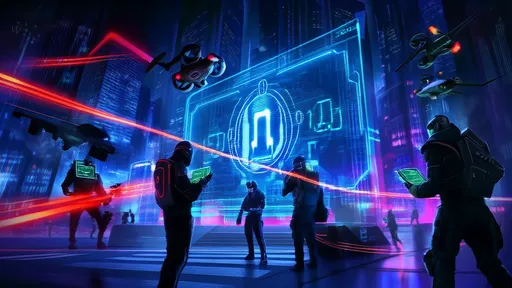
By /Jul 3, 2025

By /Jul 3, 2025
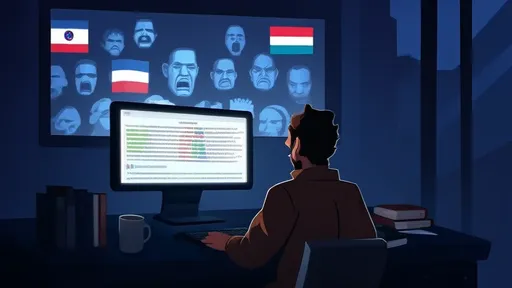
By /Jul 3, 2025

By /Jul 3, 2025
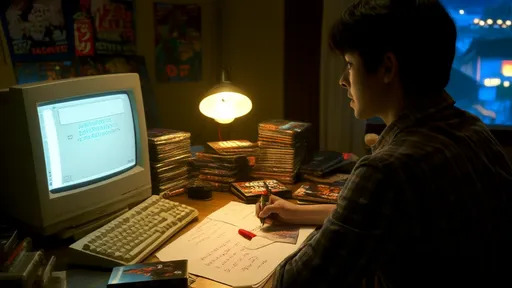
By /Jul 3, 2025

By /Jul 3, 2025
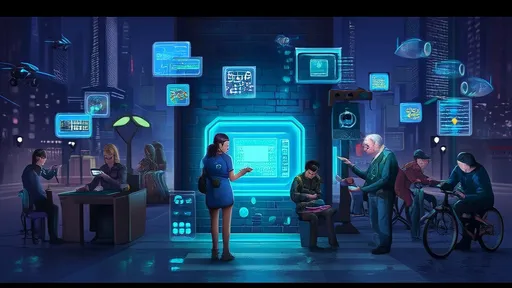
By /Jul 3, 2025

By /Jul 3, 2025
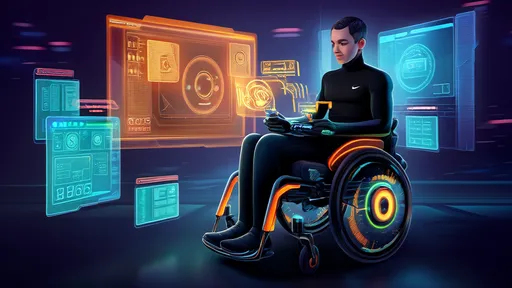
By /Jul 3, 2025

By /Jul 3, 2025
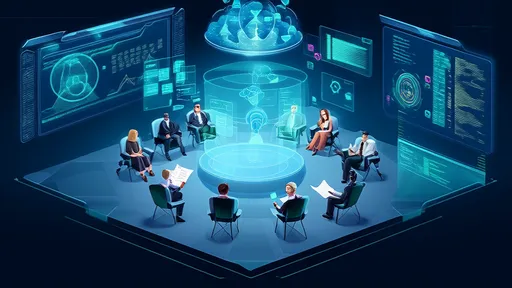
By /Jul 3, 2025
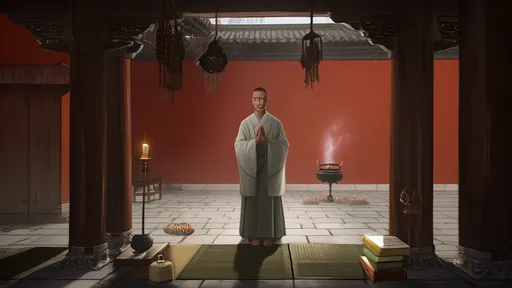
By /Jul 3, 2025
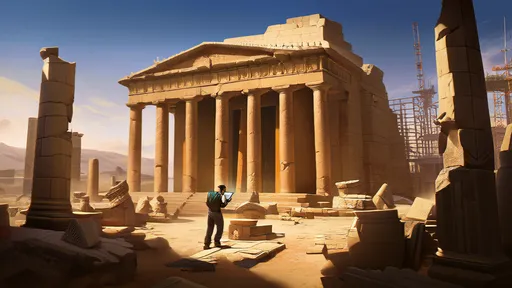
By /Jul 3, 2025
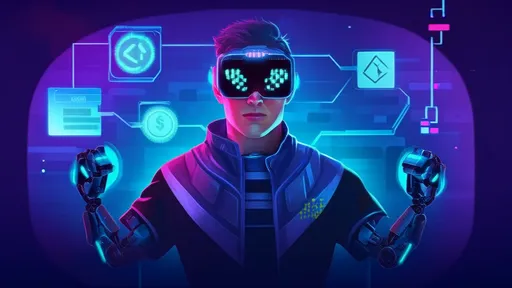
By /Jul 3, 2025
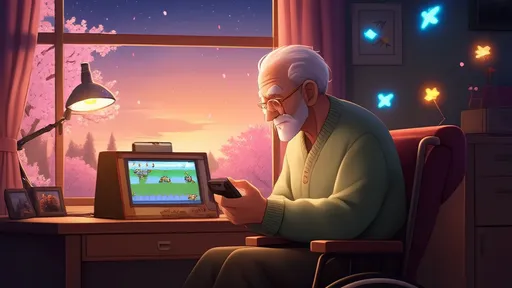
By /Jul 3, 2025

By /Jul 3, 2025

By /Jul 3, 2025

By /Jul 3, 2025